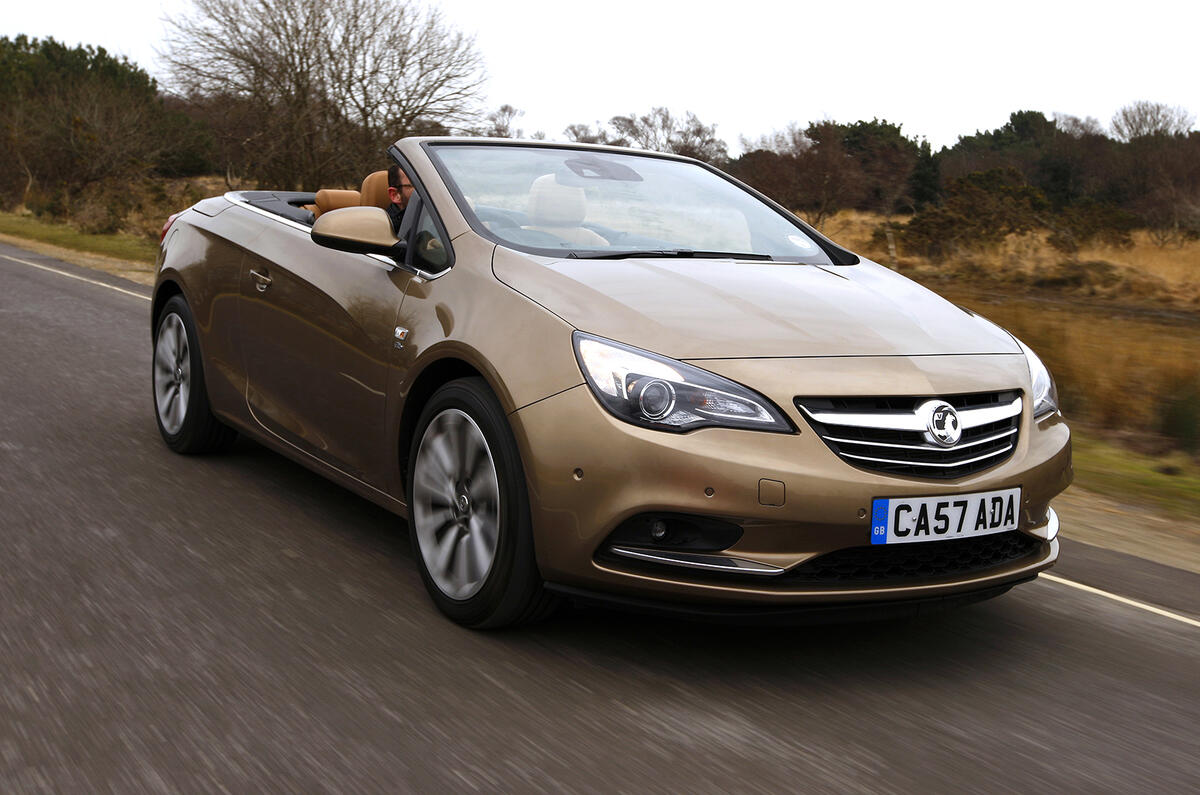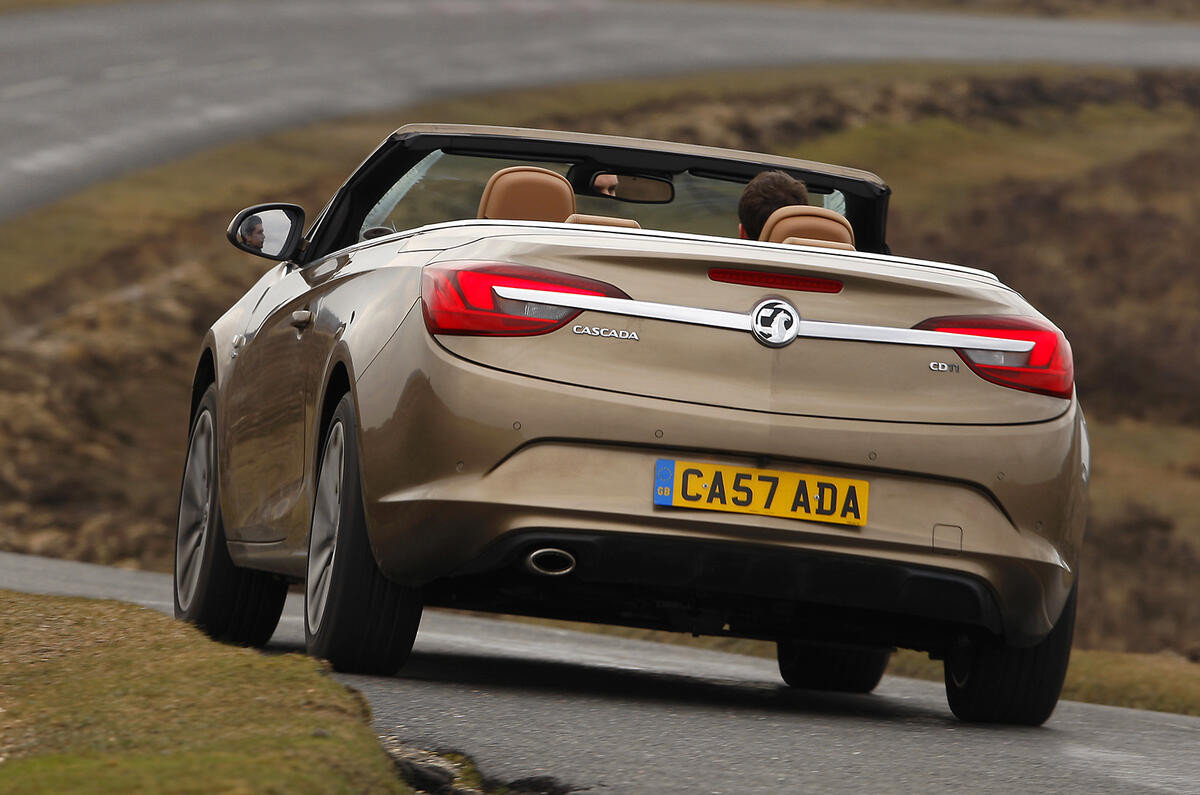The Vauxhall Cascada is a very effective litmus test of a car. If you can drive one of these spacious, comfortable, quietly handsome cruiser convertibles and still judge it inferior to similarly priced drop-tops such as the BMW 2 Series Convertible, ask yourself why. Chances are you’ve fallen prone to a touch of badge snobbery.
Which, in connection with a mid-sized convertible, would be entirely forgivable. Brand allure counts for a lot to your typical fashion-conscious cabrio buyer, after all – a lot more than the Vauxhall badge counts for. But those who can see past such things will find a well-judged, adroitly tuned, skillfully executed new car here – one that definitely rewards a bit of enlightened thinking.
Value for money is at the heart of the car’s appeal. Although it’s based on the same platform that underpins the sixth-generation Astra hatchback, the Cascada is, in fact, a D-segment drop-top for the price of a C-segment model.
That means you get four adult-sized seats and a reasonable boot of up to 350 litres, but you only pay as much as you would for a Volkswagen Golf-sized premium-brand ragtop typically offering notably less everyday usability.
Practicality looks like the wrong weapon with which to lure convertible buyers away from the German brands, who tend to be shopping for second cars anyway. But in actuality, when you slide into the Cascada’s sensibly sized cabin, you do begin to visualise all the ways you’d get more use out of the car than you expected to.




























